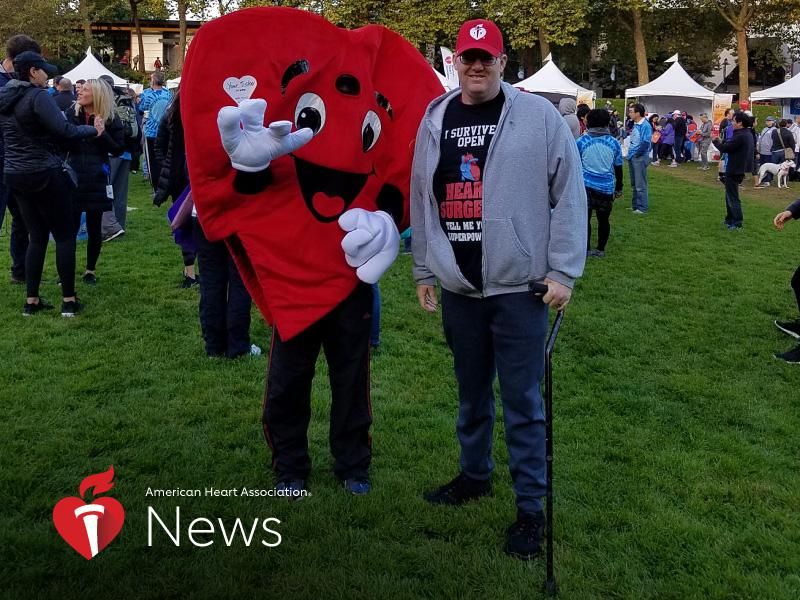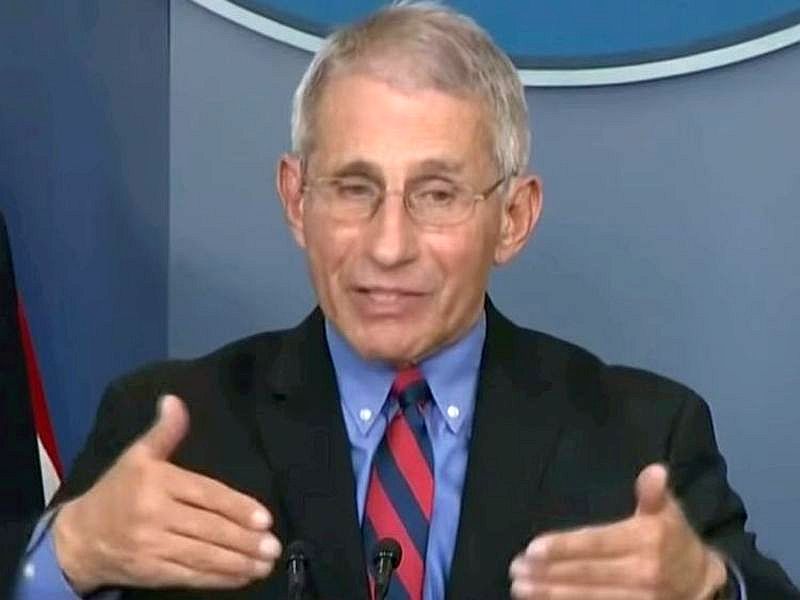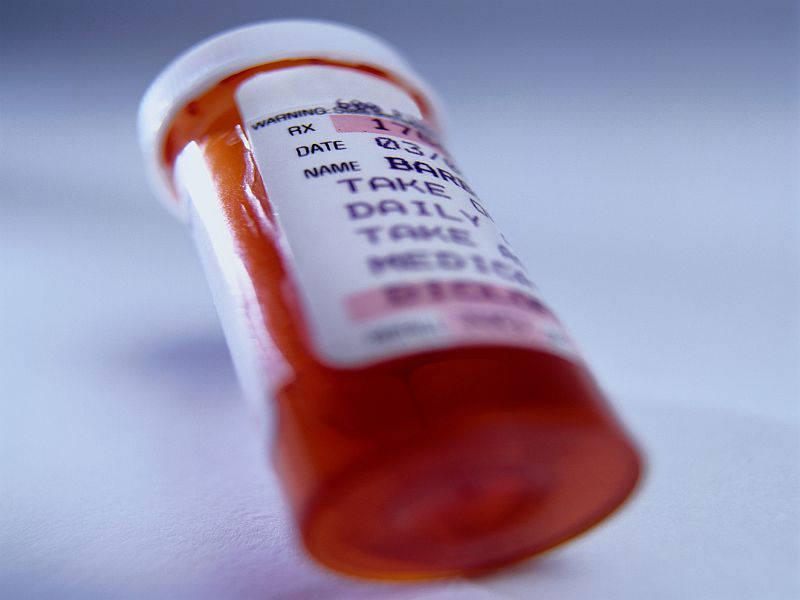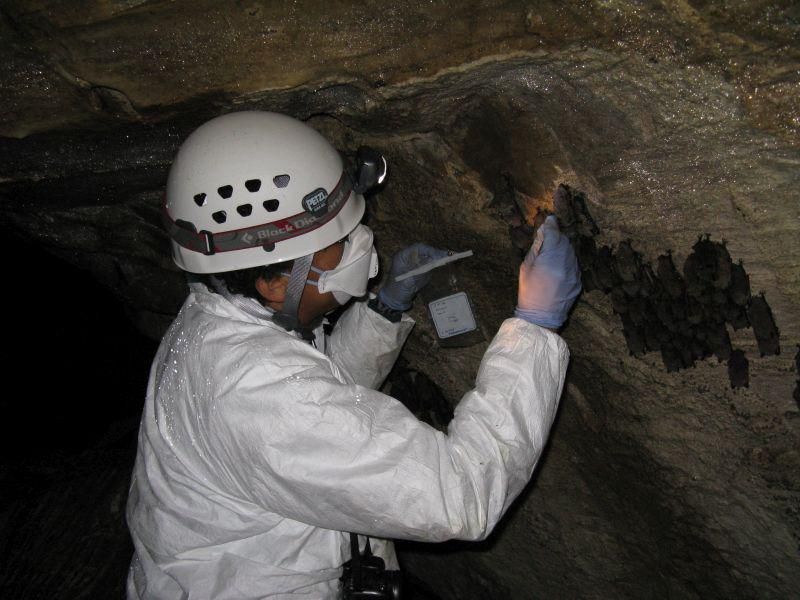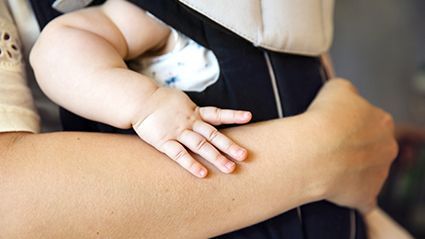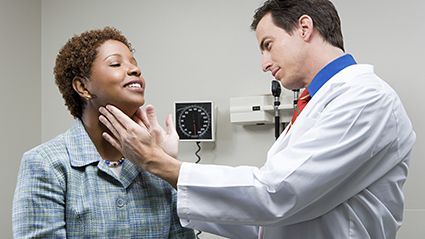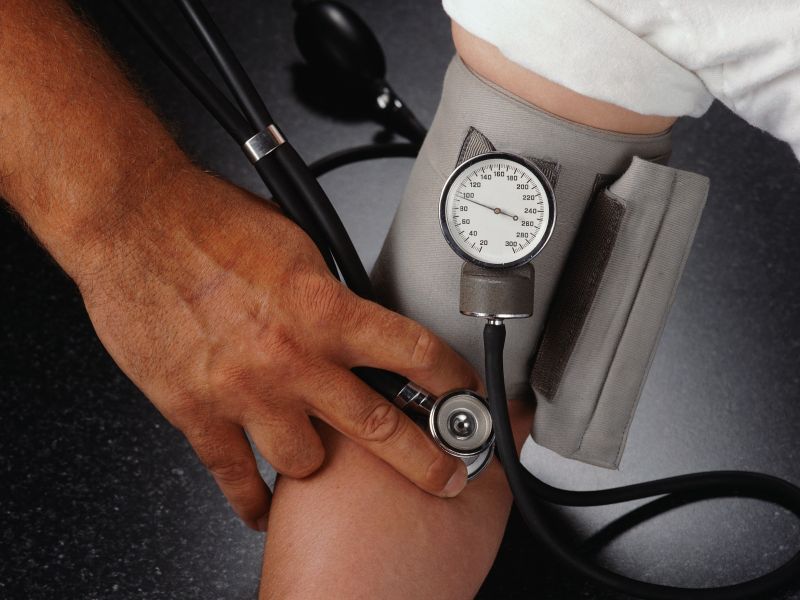
When the pandemic first hit last spring, screening mammograms fell by the wayside as COVID-19 became the most pressing medical concern in the country, but U.S. testing rates rebounded by mid-summer, a new study shows. But even though things have returned to normal, it still hasn’t been enough to make up for those three months… read on > read on >











